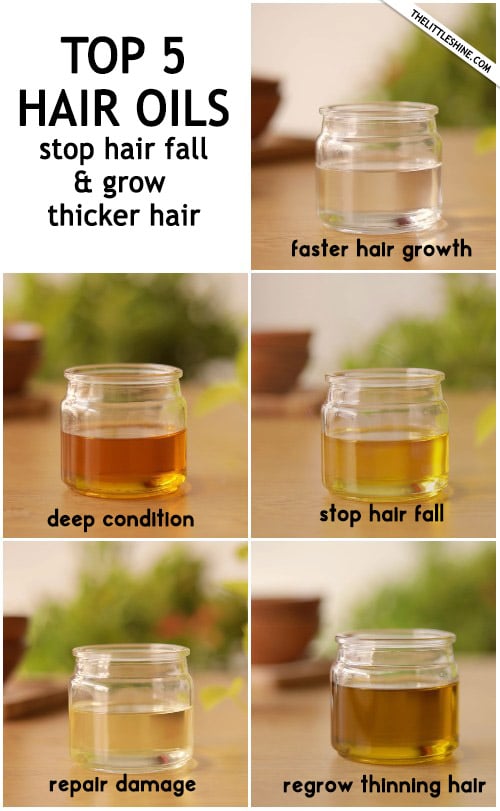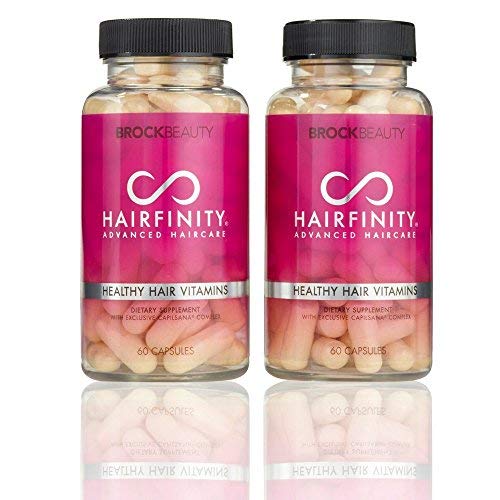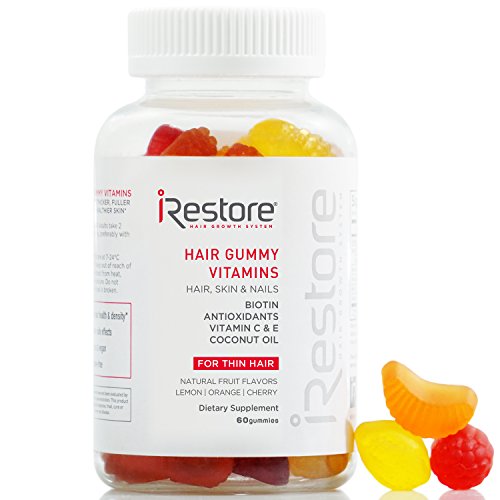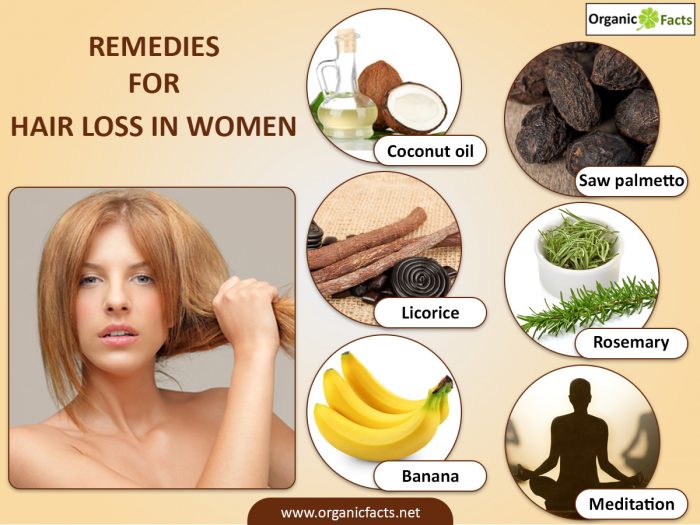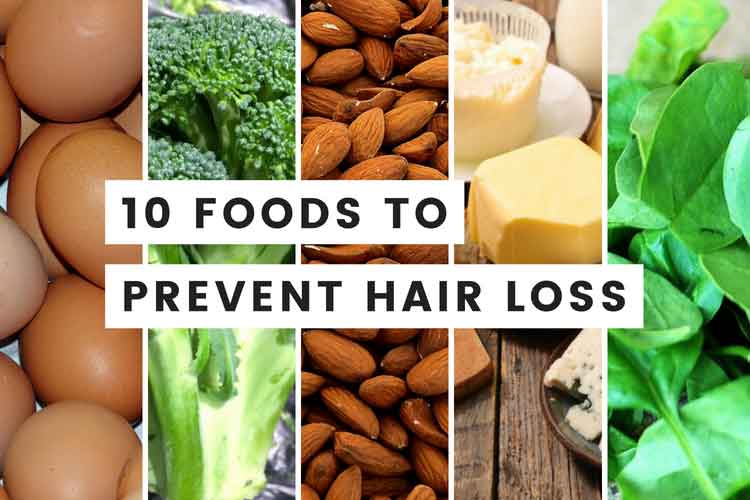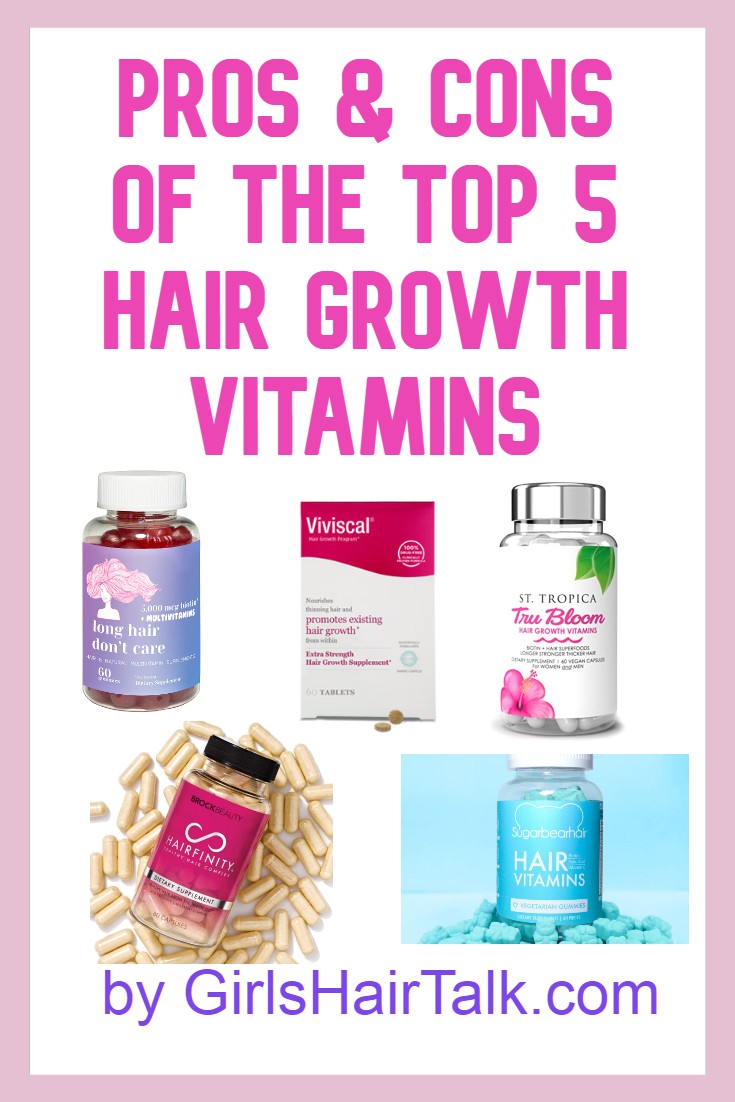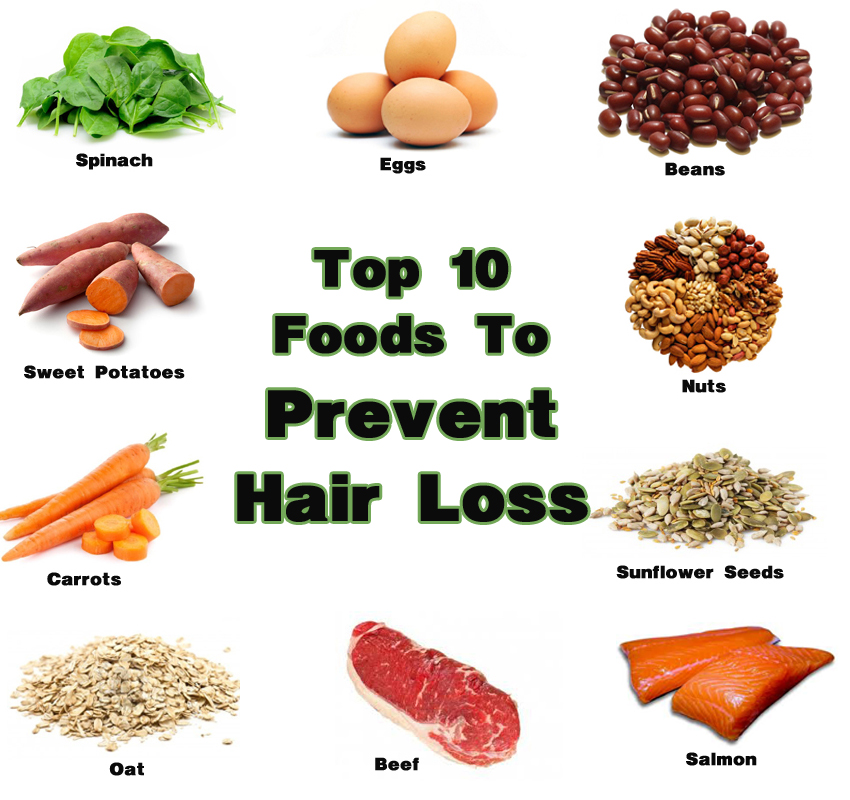First Class Info About Which Vitamin Stops Hair Fall 1940s Hairstyles Medium

A 2019 review in dermatology and therapy examined the role of various vitamins and minerals in preventing hair.
Which vitamin stops hair fall. Poisons that can cause hair loss include arsenic, thallium, mercury, and lithium. Deficiencies in the following 10 vitamins are often implicated as triggers for hair loss. Iron, folic acid, and zinc help hair grow thick and strong.
If you ingest a large amount of warfarin, which is found in rat poisons, it can also cause hair loss. Lack of these vitamins can make your hair thin and fall out. Out of a group of women with hair loss, 36 percent of them were identified to have a biotin deficiency in an international journal of trichology study.
Vitamin d deficiency can manifest as dry, brittle hair that breaks easily. However, vitamin deficiencies can negatively affect hair health. While genetics, hormonal changes, and medical conditions can contribute to hair loss, a balanced diet, and targeted supplementation can help prevent and manage this issue.
Having a deficiency in these vitamins may affect your hair growth. Hair needs the right nutrients and vitamins for hair fall control to achieve luscious locks.
A lack of proper nutrients, including vitamins a, c, d, and e, zinc, b vitamins, iron, biotin, protein, and essential fatty acids, may slow hair growth or cause hair loss. Hair loss vitamins are nutritional supplements that aim to improve the quality of your hair. Complex b vitamins play a role in hair growth, and are.
The research around vitamin intake and hair loss is limited. Thinning hair, ugh. Studies dating back several years suggest vitamins help prevent hair loss.
Rapid weight loss (which may overlap with vitamin deficiencies) can cause hair loss. Vitamins a, b, c, d and e are good for controlling hair fall as they stimulate follicles and help accelerate hair growth. Deficiency in b vitamins, vitamins c and d, and minerals like iron and zinc have been linked to hair loss.
Vitamins that are particularly important for the hair include vitamins a, e and d. Certain vitamins and minerals like vitamins a, b, c, d, e, zinc and iron can affect your hair growth. Being slowly poisoned can lead to hair loss.
Dr tipirneni recommends that a diluted apple cider vinegar rinse can help restore your hair's natural ph balance, eventually. One multivitamin supplement a day for a limited period can strengthen your immune system and in turn help the health of your hair. Don't worry if this sounds complicated;
Specific vitamins and nutrients can help boost the hair growth cycle and support optimum growth. If your hair is frizzy, lackluster, and breaks with just one stroke of the hairbrush, then you must include vitamin a in your diet. Some research, including a 2024 review, suggests that there may be a connection between vitamin d deficiency and alopecia.







